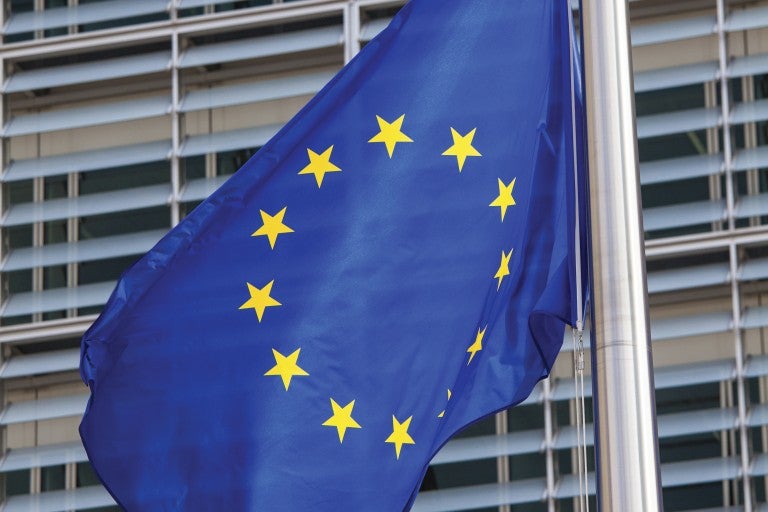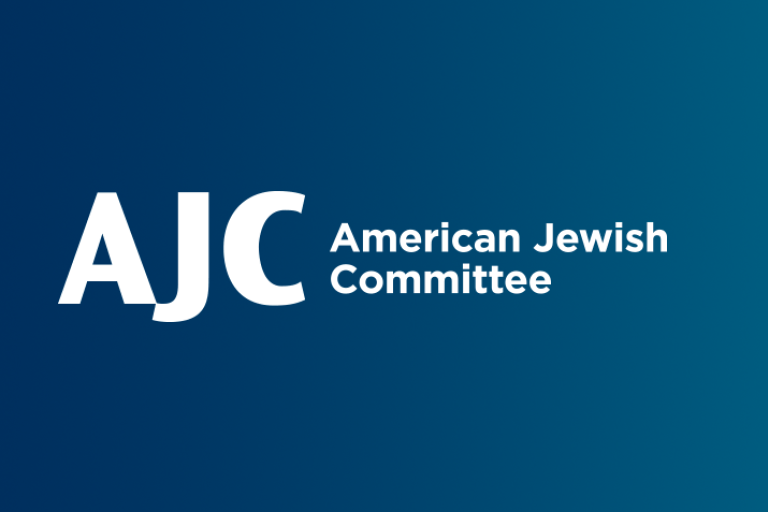March 4, 2016
Iran subjects children to the death penalty, including public hangings from cranes. North Korea maintains vast gulags where political prisoners, if not executed, endure starvation and forced marriages for the purpose of breeding slaves.
Earlier this year, the University of South Florida’s student government decided to demonstrate its commitment to human rights by passing a resolution calling for divestment. Which of the 193 member states of United Nations did it target? Israel.
Ultimately vetoed by the USF student body president and vice president, the resolution was not just a one-off at a local university, but part of a global campaign to demonize and isolate Israel. Often referred to as BDS — Boycott, Divestment and Sanctions — it seeks punitive action against Israel, the lone democracy in the Middle East and a staunch ally of the United States.
BDS has spread on college campuses across the United States, pushing divestment resolutions through student governments, holding protests on quads and harassing students and faculty who dare to stand for Israel. Anti-Israel activities on campuses are on the rise.
During 2014-15 there were 44 BDS campaigns at 35 schools. Of these, 12 passed, 26 failed, and six were unresolved without a vote or resolution.
In many progressive campus circles it has become politically fashionable to be anti-Israel. Often told that involvement with social-justice causes is incompatible with support for Israel, many Jewish students find themselves in the unenviable position of having to choose one or the other.
For example, one can imagine the bewilderment pro-Israel students felt at Hunter College when they showed up with hundreds of their peers to protest tuition hikes, only to have those fee increases blamed on the “Zionist administration.” Or how pro-Israel students feel seeing a sign stating “From Ferguson to Gaza, Intifada.” Or the pro-Israel student at Columbia who came to a protest against campus sexual assault and found that Students for Justice in Palestine had been invited to speak.
Fortunately, state officials across the country have recognized that the BDS campaign is not a constructive way to achieve a sustainable Israeli-Palestinian peace. Legislatures in Alabama, Illinois, Indiana, New York, Pennsylvania, South Carolina and Tennessee recently have passed measures against BDS, and another 35 states are considering similar legislation.
Florida is the latest to act. Gov. Rick Scott is expected to soon sign into law a bill, SB 86/HB 527 — Scrutinized Companies — adopted in the House by a vote of 112-2, and unanimously passed by the Senate. It prohibits the state from doing business with or investing in companies that boycott Israel.
The State Board of Administration will be tasked with identifying all publicly funded companies that engage in boycotts of Israel and will issue them warnings. Sponsored by State Sen. Joe Negron and Reps. Rich Workman, Jared Moskowitz and Kevin Rader, the legislation clearly rejects the insidious BDS movement.
To be clear, Israel, like every other country, including the United States, is open to criticism. The BDS movement, however, with its singular focus on Israel and zero critique of the Palestinian leadership, is intrinsically dishonest and prejudiced. The USF student body government resolution singled out Israel as Palestinian stabbings and car-ramming attacks against Israelis, encouraged by Palestinian leaders, continue with no end in sight.
Also, BDS contributes nothing to peace because that is not what its leaders seek. The movement deems Israel, which achieved independence nearly 68 years ago, an illegitimate entity. That makes the only practical solution to the conflict — two states for two peoples, Israeli and Palestinian — impossible.
The BDS movement also hurts the very people it purports to help, Palestinians. Times of Israel Editor David Horovitz pointed out on Feb. 29 that the Israeli company SodaStream, pressed to shut down its West Bank factory, has let go its last 75 Palestinian workers. Anti-Israel boycott groups had launched a ferocious campaign against SodaStream and its spokeswoman, Scarlett Johansson.
The plant had employed 1,300 workers, 500 of them West Bank Palestinians. The 450 Israeli Arab and 350 Israeli Jewish employees were relocated to SodaStream facility within Israel. “Hundreds of Palestinians who had been treated equitably by a fair-minded Israeli firm are now out of work,” wrote Horovitz.
And that’s only one example of how BDS victimizes Palestinians.
We Floridians should be proud that our state is among the first to reject this pernicious movement. By clearly rejecting BDS efforts to encourage punitive actions against Israel, it has gone on record for peace, which only will be achieved in direct bilateral negotiations between Israel and the Palestinian Authority.
Brian Siegal is the director of the AJC Miami and Broward Regional Office.
This article was originally published in The Miami Herald.



